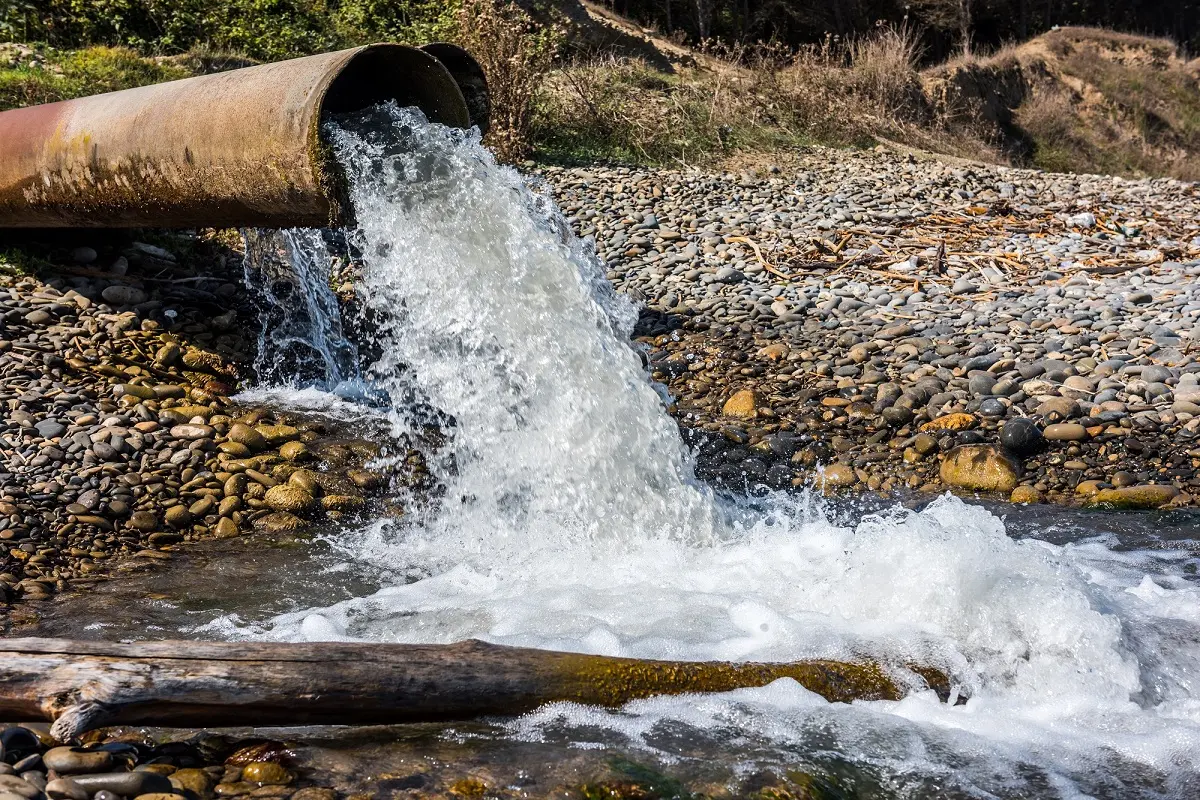
Do you want to access to this and other private contents?
Log in if you are a subscriber or click here to request service
Unesco: between 2 and 3 billion people suffer from water shortages
The global urban population facing a water crisis could double by 2050

Globally, 2 billion people (26% of the population) do not have safe drinking water and 3.6 billion (46%) lack access to safely managed sanitation, according to the report, published by UNESCO on behalf of UN-Water and released today at the UN 2023 Water Conference in New York.Between two and three billion people experience water shortages for at least one month per year, posing severe risks to livelihoods,...
lml - 30233
EFA News - European Food Agency
EFA News - European Food Agency